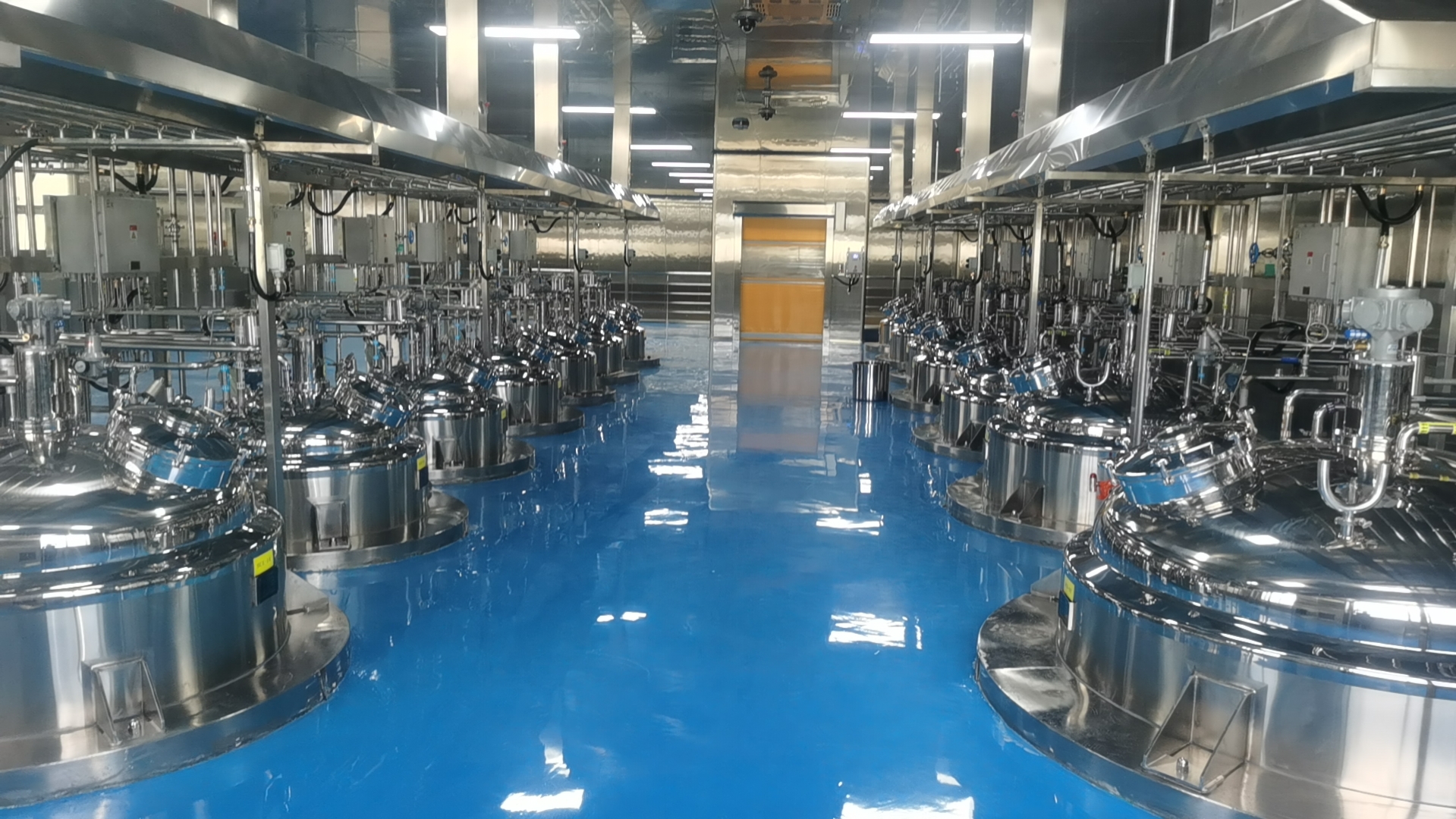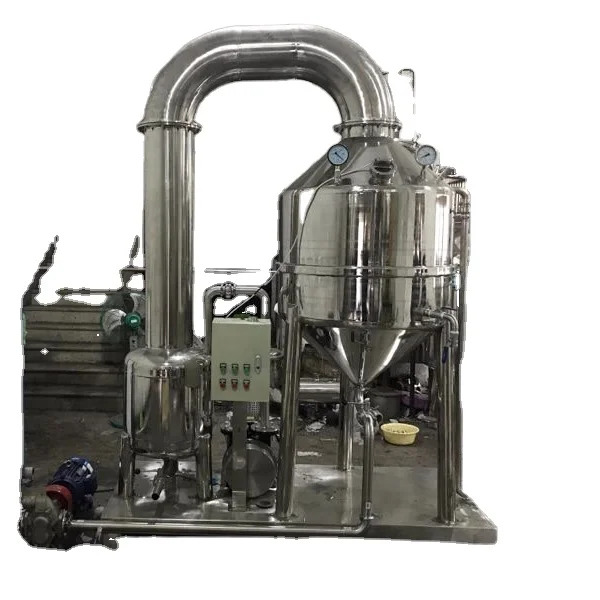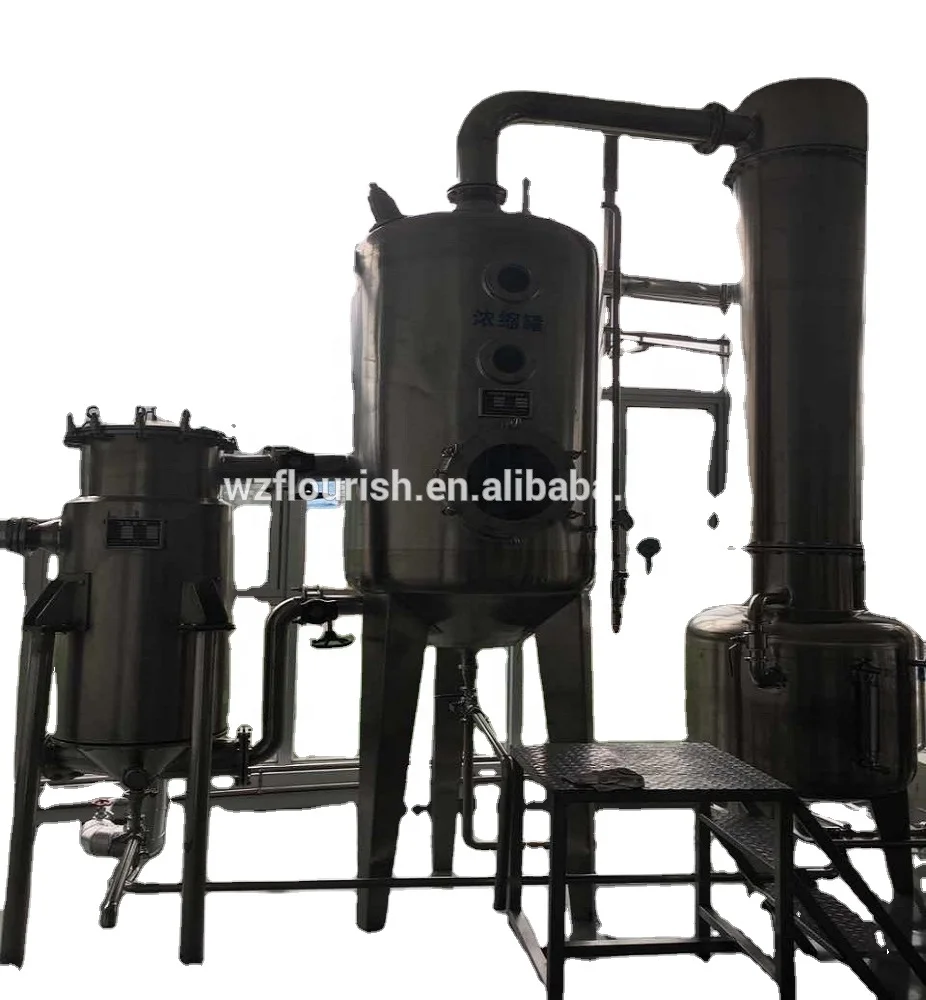
ABOUT
Wenzhou Vince Machinery Science Co., Ltd. was established in early 1980s. Our company covers an area of 6500 square meters and is an independent legal representative firm, possessing rich economic technology strength. Our company is a high tech enterprise and plays an important role in national dairy, foodstuff, pharmacy and machinery industries. We are a beverage machinery supplier.
Since the establishment, our company has mainly engaged in dairy products, foodstuff, beverage machinery, bean products, yellow wine, medicines and fermentation projects. What's more, our company supplies a complete sequence services in manufacturing, installation, test and personnel train, as well as the whole direction service design and consulting service on product project construction or enlargement artistic distribution engineering sets budget.
Fermentation Tank Processes Explained Simply
The Basics: Setting the Stage
At its core, a fermentation tank is a controlled environment designed to foster the growth of microorganisms, primarily yeast or bacteria. These microbes consume sugars and other nutrients, converting them into desired products like alcohol, acids, or gases. The tank's design varies widely depending on the specific fermentation process and the product being created. Factors such as temperature, pressure, and oxygen levels are carefully controlled to optimize microbial activity and product quality. This careful control distinguishes industrial fermentation from the less controlled processes used in traditional methods.
Different tanks exist for various applications. Winemaking might use stainless steel tanks to avoid contamination and allow for temperature monitoring. Beer brewing often employs larger tanks constructed of materials that can withstand pressure. The specific dimensions and features of a tank are also directly tied to the scale of production – from small craft breweries to massive industrial facilities.
Monitoring and Control: Keeping it Stable
Maintaining optimal conditions within the fermentation tank is crucial for success. Sophisticated monitoring systems track parameters like temperature, pH, and dissolved oxygen. These systems provide real-time data, allowing operators to make adjustments as needed, ensuring that the fermentation progresses smoothly and efficiently.
Automated control systems, often integrated with the monitoring systems, allow for precise adjustments to factors like temperature and agitation. This level of automation significantly improves consistency and reduces the risk of errors, leading to a higher-quality end product. Modern techniques often incorporate data analysis to optimize fermentation parameters based on previous batches, continuously improving efficiency and output.
Different Microbes, Different Products: The Variety of Applications
The diversity of products created through fermentation highlights the versatility of the process. Yeast plays a prominent role in alcoholic beverage production (beer, wine, spirits), generating ethanol and CO2. Lactic acid bacteria are key players in the production of yogurt, cheese, and sauerkraut, generating lactic acid that contributes to their characteristic sour taste and texture.
Beyond food and beverage production, fermentation finds applications in various industries, including pharmaceuticals (antibiotics production), biofuels (ethanol production from biomass), and even waste treatment. The range of microorganisms employed and the specific tank configurations reflect the diversity of the final products.
SUBSCRIBE
INQUIRY





